Love fresh herbs but short on time? You’re not alone. Luckily, there are plenty of flavorful, aromatic herbs that thrive with minimal care perfect for busy gardeners who want a touch of green without the fuss. These hardy, resilient plants are easy to grow in pots, garden beds, or even kitchen windowsills. Not only do they add fresh flavor to your meals, but many also offer medicinal, aromatic, and pollinator-friendly benefits. Here are 10 low-maintenance herb garden plants you’ll wish you had planted sooner!
1. Mint (Mentha spp.)

Mint is one of the easiest herbs to grow, thriving in nearly any soil type and light condition. Its rapid growth and refreshing aroma make it a favorite for teas, desserts, and savory dishes. Mint prefers slightly moist soil and partial sun but can tolerate neglect better than most herbs. Plant it in containers to control its aggressive spreading habit. With minimal care, you’ll enjoy lush, fragrant leaves throughout the growing season perfect for infusing summer drinks or garnishing your favorite dishes.
2. Chives (Allium schoenoprasum)

Chives are a must-have for both culinary enthusiasts and low-maintenance gardeners. This hardy perennial thrives in full sun to partial shade and tolerates poor soil and dry conditions remarkably well. The slender, onion-flavored leaves can be snipped as needed for salads, omelets, and soups. Chives also produce charming purple flowers that attract bees and other beneficial pollinators. Once established, chives require little more than occasional watering and annual trimming to keep them tidy, making them perfect for even the busiest schedules.
3. Thyme (Thymus vulgaris)
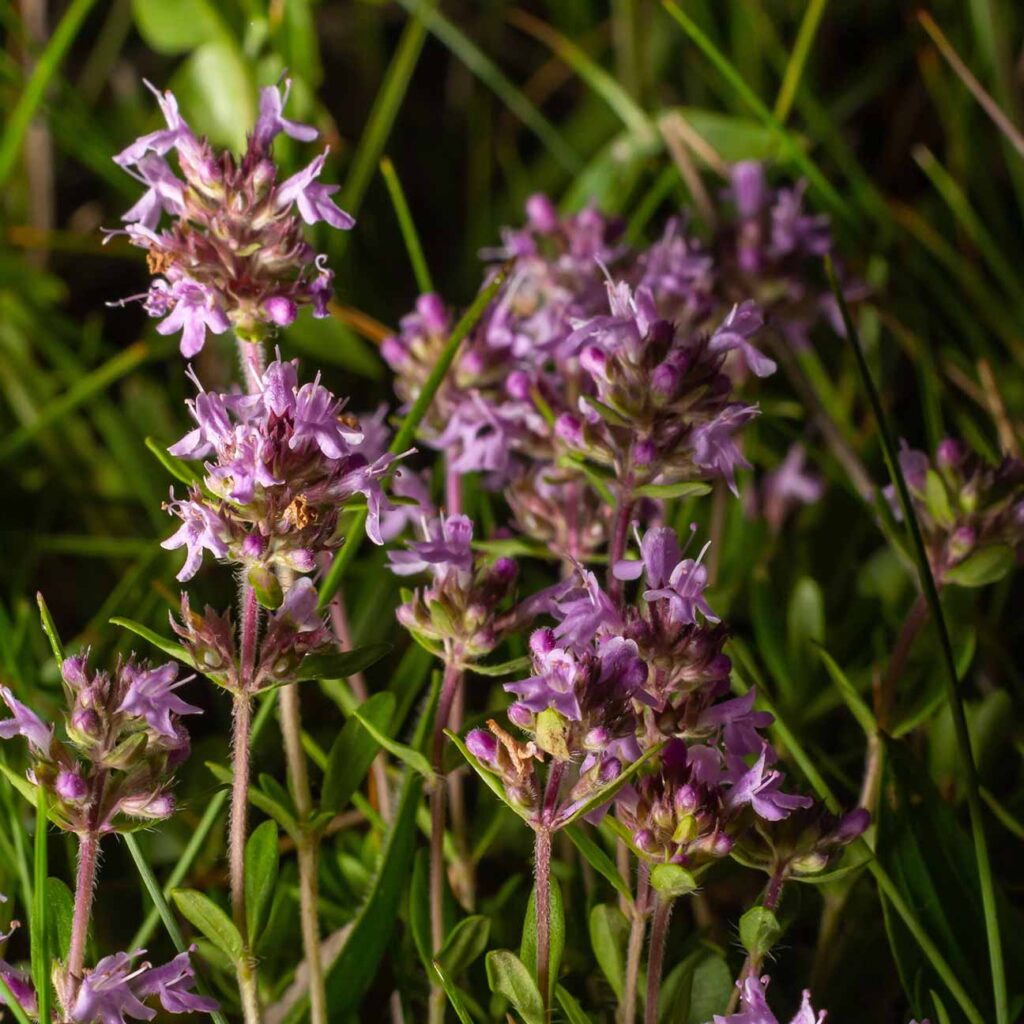
Known for its earthy aroma and versatility, thyme is a drought-tolerant herb that loves sunny, dry spots. It grows well in rocky soil, containers, or borders, and rarely needs fertilizing. Thyme’s tiny leaves are packed with flavor, perfect for seasoning meats, sauces, and roasted vegetables. Beyond the kitchen, its dainty purple flowers attract pollinators in summer. Simply trim it back after blooming, and it’ll continue producing new growth. With its resilience and minimal upkeep, thyme is a top choice for effortless herb gardens.
4. Rosemary (Rosmarinus officinalis)
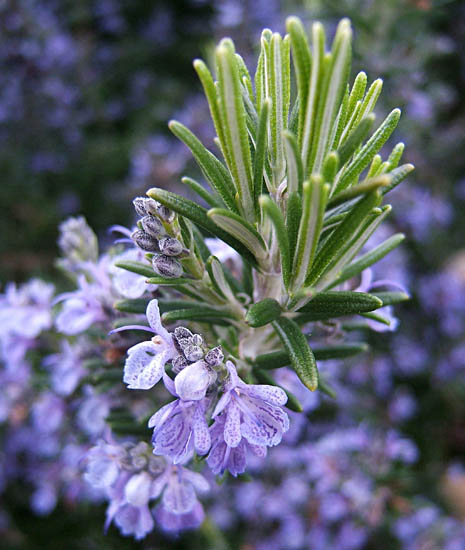
Rosemary is a tough, evergreen herb known for its pine-like scent and robust flavor. It thrives in well-drained soil and full sun and is extremely drought-resistant once established. Rosemary can be grown in the ground or containers and needs little more than occasional watering and light pruning to maintain its shape. Its aromatic sprigs are ideal for flavoring meats, breads, and oils. Bonus: its blue flowers attract pollinators, while its strong scent can help deter pests from your garden.
5. Oregano (Origanum vulgare)
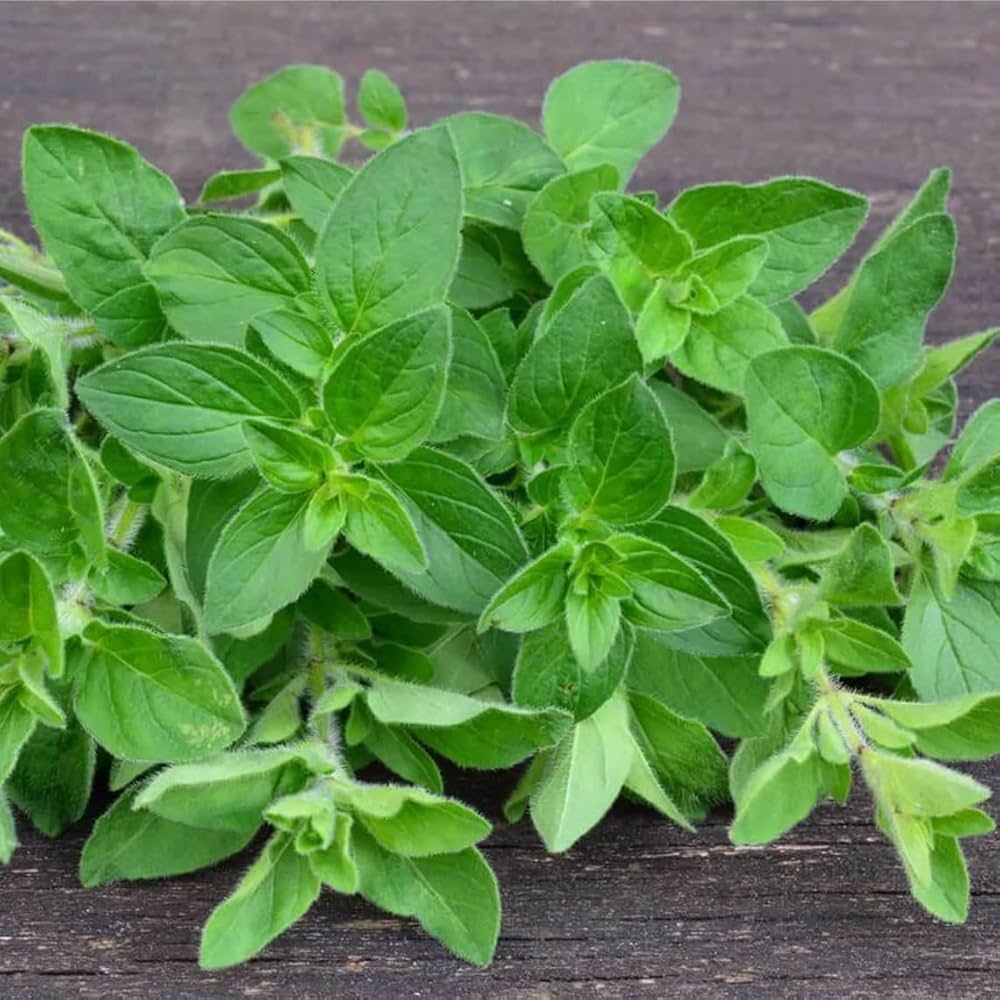
Oregano is a sun-loving herb that practically takes care of itself. This hardy perennial thrives in poor, dry soil and needs little watering once established. Its bold, savory leaves are essential for Mediterranean and Italian dishes. Oregano’s resilience makes it an excellent groundcover option in herb gardens or raised beds. It also blooms with small pink or purple flowers in summer, drawing in beneficial pollinators. A quick trim in late summer keeps the plant compact and encourages fresh, fragrant new growth.
6. Parsley (Petroselinum crispum)

Parsley is a staple in herb gardens thanks to its mild, fresh flavor and adaptability. It prefers full sun to partial shade and moist, well-drained soil but is surprisingly forgiving if neglected. Both curly and flat-leaf varieties grow well in containers or garden beds. Regular harvesting of leaves encourages new growth and helps the plant remain productive for months. Parsley is not only a culinary favorite but also attracts swallowtail butterfly larvae, making it a dual-purpose addition for your low-care herb patch.
7. Lemon Balm (Melissa officinalis)

If you love a hint of citrusy fragrance in your garden, lemon balm is a must. This easy-to-grow herb belongs to the mint family and shares its forgiving nature. It prefers partial shade to full sun and well-drained soil but can tolerate drought and poor soil conditions. Its lemon-scented leaves are perfect for teas, desserts, and herbal remedies. Regular trimming helps manage its rapid spread and encourages bushier growth. Its tiny white flowers are a favorite of bees, adding pollinator-friendly charm to your garden.
8. Sage (Salvia officinalis)
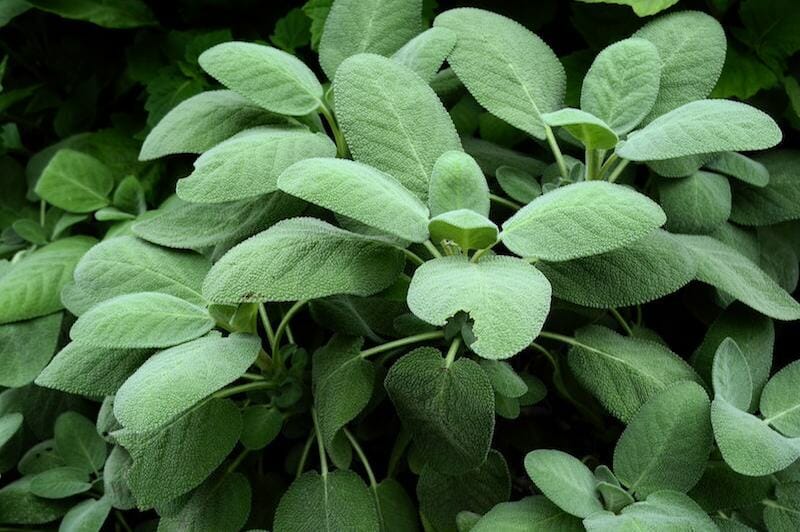
Sage is a hardy, evergreen herb prized for its velvety leaves and savory, peppery flavor. It loves sunny, well-drained spots and can withstand drought once established. Ideal for both ornamental and culinary uses, sage is great for seasoning poultry, stuffing, and pasta dishes. In summer, it produces purple-blue flower spikes that attract bees and hummingbirds. Minimal maintenance is needed beyond occasional pruning to prevent woodiness. Its resilience and multipurpose qualities make sage a must-have for herb gardens of all sizes.
9. Cilantro (Coriandrum sativum)

Cilantro is a fast-growing, low-maintenance herb perfect for gardeners craving fresh, zesty leaves for salsas and curries. It thrives in full sun to partial shade and adapts to a range of soil conditions. Although it prefers consistently moist soil, it tolerates occasional dryness. Cilantro grows quickly, and regular harvesting encourages new leafy growth. Letting a few plants flower will attract beneficial insects and self-seed for future crops. Its dual role as both a culinary herb and a pollinator plant makes it a smart, effortless choice.
10. Lavender (Lavandula spp.)

Lavender isn’t just for ornamental borders it’s a low-care herb with soothing fragrance and culinary, medicinal, and decorative uses. This sun-loving, drought-tolerant plant thrives in well-drained soil and requires little water once established. Its silvery foliage and purple flower spikes add visual charm, while its scent deters pests and attracts bees and butterflies. Use dried lavender for teas, sachets, and baked goods. Annual pruning after flowering keeps it tidy and promotes dense growth, making it an easy yet rewarding addition to any herb garden.


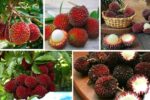
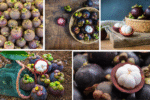
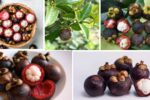
Leave A Comment